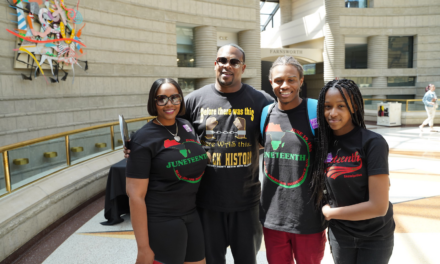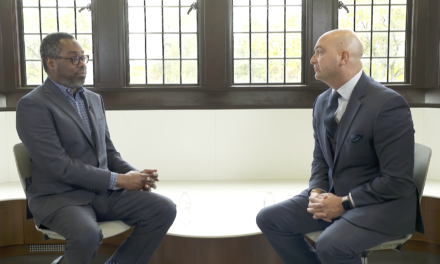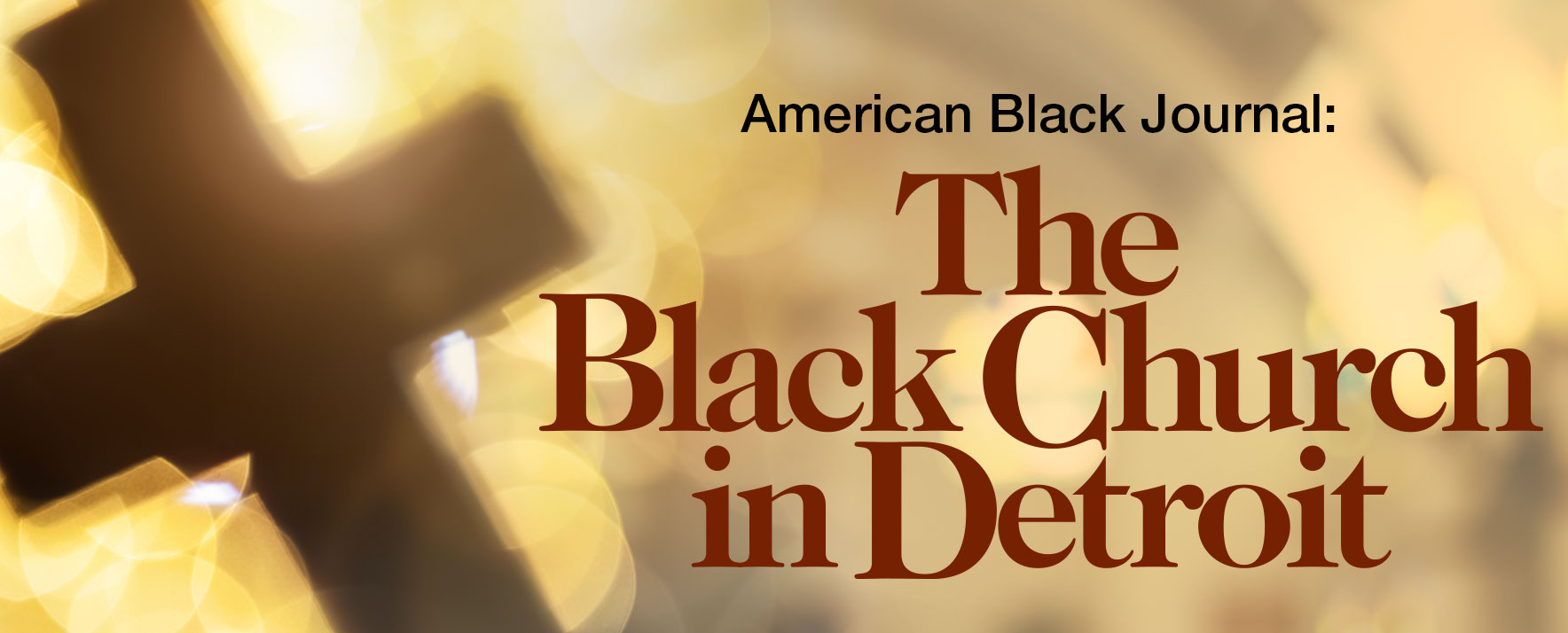Stephen Henderson was 20 years old when he watched the video of a gang of LA police officers beating Rodney King like a wild animal by the side of a road in that city and today he’s 50. America just got through watching this extraordinary trial in Minneapolis of Derek Chauvin, a former Minneapolis police officer, for murdering George Floyd by kneeling across the back of his neck for more than nine minutes.
To Henderson, one of the really powerful frustrations that black people in America have right now is that this seems to be absolutely never-ending. It’s something that the black community has experienced, no matter what age we are and it’s something that black people in this country have experienced for centuries since the moment that we arrived on this continent. The real question is when will it change? When will it get better? We don’t know and the fear is that America is unprepared for the idea of the kind of change that would be necessary to make this not happen. To make it possible for Henderson to not have the same conversation with my two teenagers that his parents had with him about fearing the police, about worrying that they could take your life for almost any reason.
That’s what we’re talking about on this week’s episode of American Black Journal and we’re doing it from some really interesting perspectives. We are talking with the very young and dynamic co-leader of Black Lives Matter in Detroit, John Sloan III but we’re also talking with Southfield Police Chief Elvin Barren. We want to get that perspective what the police feel what they think about reform in their own institution. We’ll also be joined by a really wonderful thinker from the University of Michigan Dr. Riana Anderson.
This is a conversation you don’t want to miss this is a conversation that needs to be happening in every corner of every space in America so that our grandkids so that my great-grandkids don’t have to say the same things about their lives about their experiences with police that we do and that all of our ancestors have had.
Tune in at 9:30 a.m. ET on Detroit Public Television for their compelling discussion about police reform, systemic racism and the psychological impact of racial discrimination.








